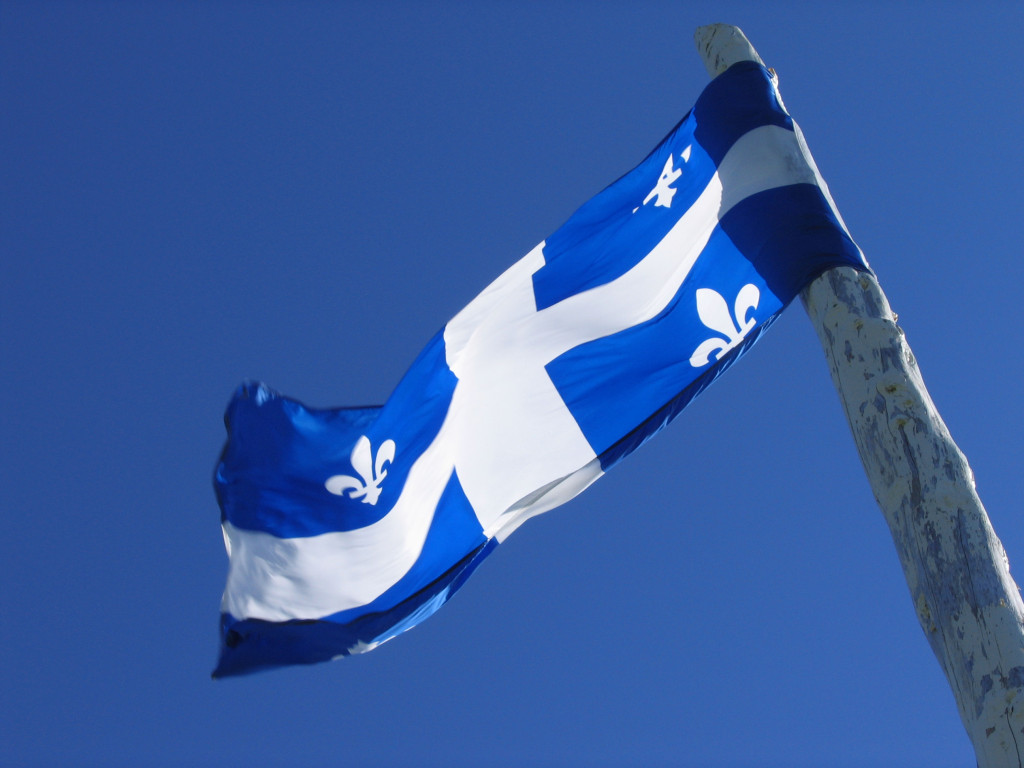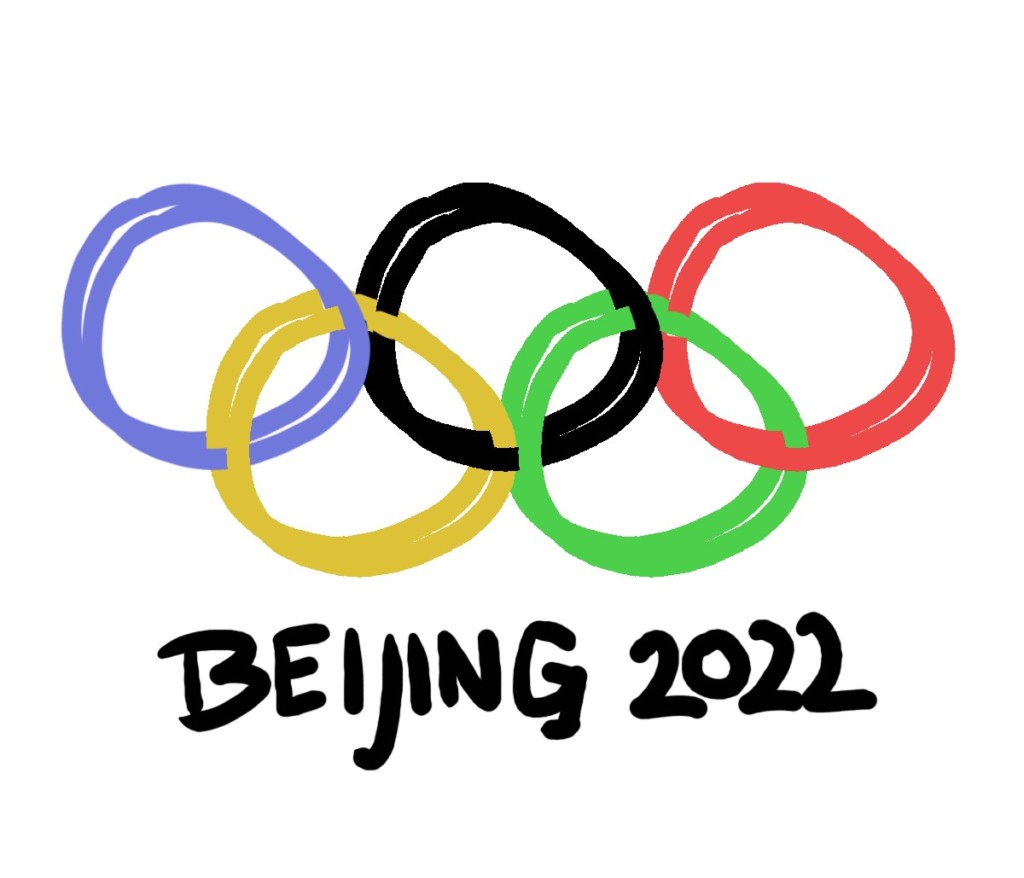Parti Québécois’ early lead in polls could lead to re-introduction of sovereignty debate
By Patrick Vaillancourt, News Editor
Québécois voters will be headed to the polls later this spring as the Parti Québécois (PQ) government under Premier Pauline Marois will seek to release itself from the shackles of minority government.
The government, which was elected in 2012, has required the help of opposition parties in order to govern since the start of its mandate.
The election, which is scheduled for April 7, will pit Marois against the leaders of 19 other parties, although many of them are minor parties. This time around, the PQ is the incumbent government and has managed to hold a slight edge in the polls going into the election.
Since the writ has been dropped, Leger Marketing reports the PQ in the lead with 37 per cent support, followed by the opposition Quebec Liberal Party with 35 per cent support. The upstart Coalition Avenir Quebec (CAQ) trailed with only 14 per cent.
The PQ has since recruited an all-star candidate in Pierre Karl Peladeau, the CEO of Quebecor and Sun Media Corporation. Peladeau’s recruitment by the separatist PQ has raised questions amongst some of Peladeau’s closest friends and advisors, including former Canadian prime minister Brian Mulroney, who is the vice-chairman of Quebecor and its chief legal counsel.
Mulroney said that although he’s surprised that Peladeau would campaign with a separatist party, that he would not publicly denounce his friend or campaign against his political ambitions.
Peladeau will run in the Quebec riding of St. Jérôme, a traditional PQ stronghold just outside of Montreal. The announcement of his candidacy has stolen some of Marois’ thunder as Quebecers begin touting the businessman as a potential successor for the premiership of the province.
Marois has downplayed the talk of Peladeau’s political leadership potential, saying that she intends to govern as premier if she were to receive a renewed mandate.
“I am a determined premier, and a determined woman,” said Marois.
Public opinion of the government has remained steady, but is not yet in the territory of a majority government, according to most polls. The government has benefitted from a rise in support after scrapping plans to increase tuition fees for Quebec university students, a proposal that led to the downfall of the previous Liberal government under Jean Charest in 2012. Charest lost his own seat in his Sherbrooke riding, and resigned from politics a day after the election.
The Marois government has come under fire in the last year as both Quebec and much of Canada react to the party’s proposal to scale back religious freedoms. PQ proposed a charter of values, which would prohibit the wearing of religious symbols by Quebec public employees.


